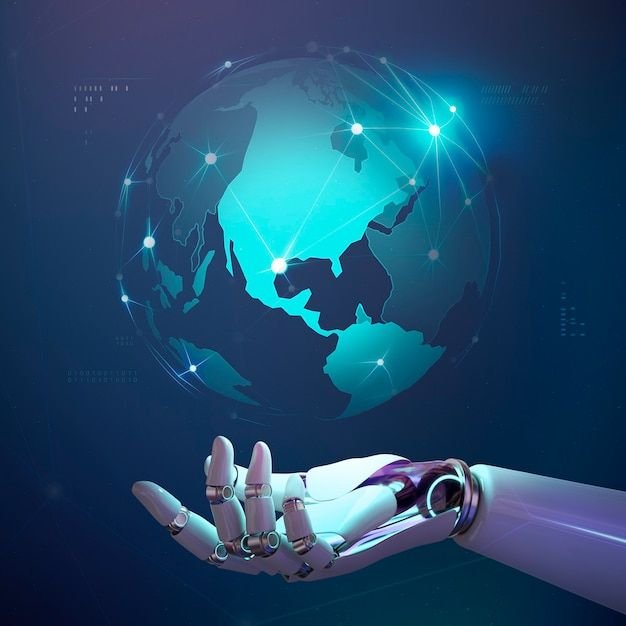Technology & Innovation Overview
The Foundations of Technology and Innovation
In general, technology refers to the tools, systems, machines, techniques and methods designed and evolved to solve problems and improve capabilities. Innovation, on the other hand, refers to improvements that build upon this technology, driven by the creation of new or improved goods, services or processes that create value. Both technology and innovation act as a feedback loop to each other, fostering an evolutionary, continuous improvement and adaptation landscape.
The Role in Various Sectors
Healthcare:
Innovative medical technologies have transformed medical practices. Examples of such innovations include telemedicine, AI-assisted imaging and robotic surgery. These technologies have significantly improved diagnostic accuracy, patient care and safety. Wearable technology that offers real-time monitoring of patients’ health metrics has democratized access to healthcare, empowering individuals to take greater ownership of their health and wellness.
Education:
Technology has redefined traditional classroom walls and extended the reach of educational systems. Digital platforms and the introduction of e-learning tools and AI-powered individualized learning systems are altering how higher educational knowledge is getting repackaged and better served to a broader audience, night and day from each corner of the world.
Business and Industry:
Automation, data analytics, and machine learning are now the foundation of business models in the industrial world. Companies that collaborate in an ecosystem typically incorporate blockchain to ensure transparency while AI-driven analytics help in optimization and prediction of consumer trends. The so-called Internet of Things and smart manufacturing help companies maintain a competitive advantage by enhancing productivity and slashing operational expenses.
Communication:
Latest communication technologies have linked over 4 billion people around the world. Almost everyone in the world with a smartphone has a mini broadcasting entity. 5G and edge computing are revolutionizing high speed internet and connectivity, every millisecond between anyone, anywhere is slowly becoming the new normal.
Challenges and Ethical Considerations
Even though technology promises immense possibilities, swift developments are troublesome. Increasingly sophisticated cyber threats pose a danger to personal, corporate, and national security, hence calling for heightened governmental vigilance against a power-hungry actor eager to exploit existing inequities. Additionally, ethical issues of data privacy, AI bias, and job displacement from automation should draw the interest of both policymakers and the public.
The debate of data ownership and its use are intensifying, ushering in calls for stricter global regulation and promotion of digital literacy to safeguard user rights.
The Future Trajectory
Emerging fields stand to radically transform ordinary life. Quantum computing could offer pedal-to-the-metal power for engaging in massive problems within unbelievably short times. Augmented Reality (AR) and Virtual Reality (VR) will overlap increasingly in the digital and physical worlds. Real estate, education, and gaming industries could all taste some benefit from the combination of these two fields.
Sustainability is also a significant front now. Clean technologies involving renewable energy innovations, sustainable manufacturing process improvements, eco-friendly raw materials, and so on are steadily moving forward to combat climate change and minimize the destruction the planet has faced. In this context, the rise of circular economies reveals how businesses can amplify profits while taking care of ecological conscience.
Conclusion
Just as technology progresses, innovation is not merely a tool but serves as a growth engine. As they disrupt and reshape industries, let the combined forces in machine learning, artificial intelligence, and blockchain tech be mindful of the wider context in an ethical and societal sense as they forge the future ahead. Technology in the future needs to embrace inclusiveness for innovations to serve all and ultimately construct a more equitable and sustainable world.

No responses yet